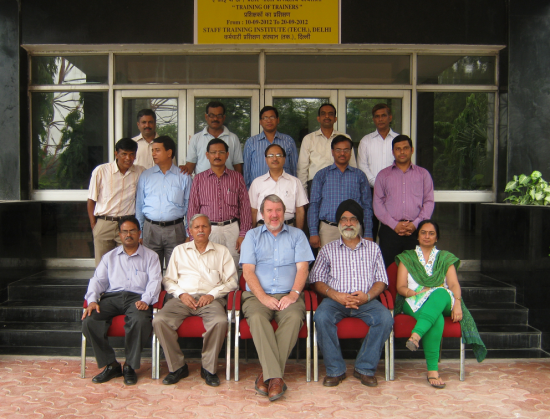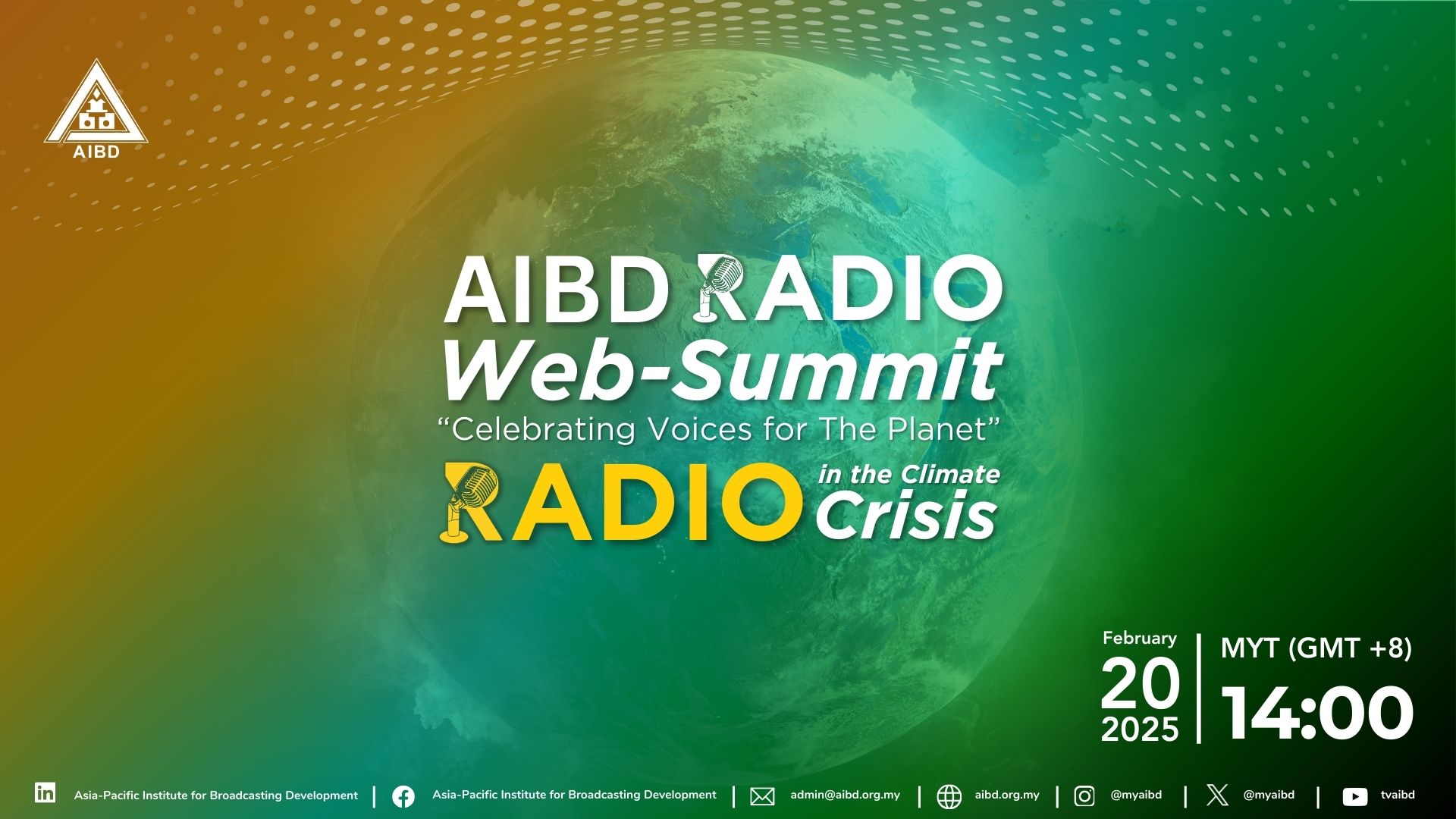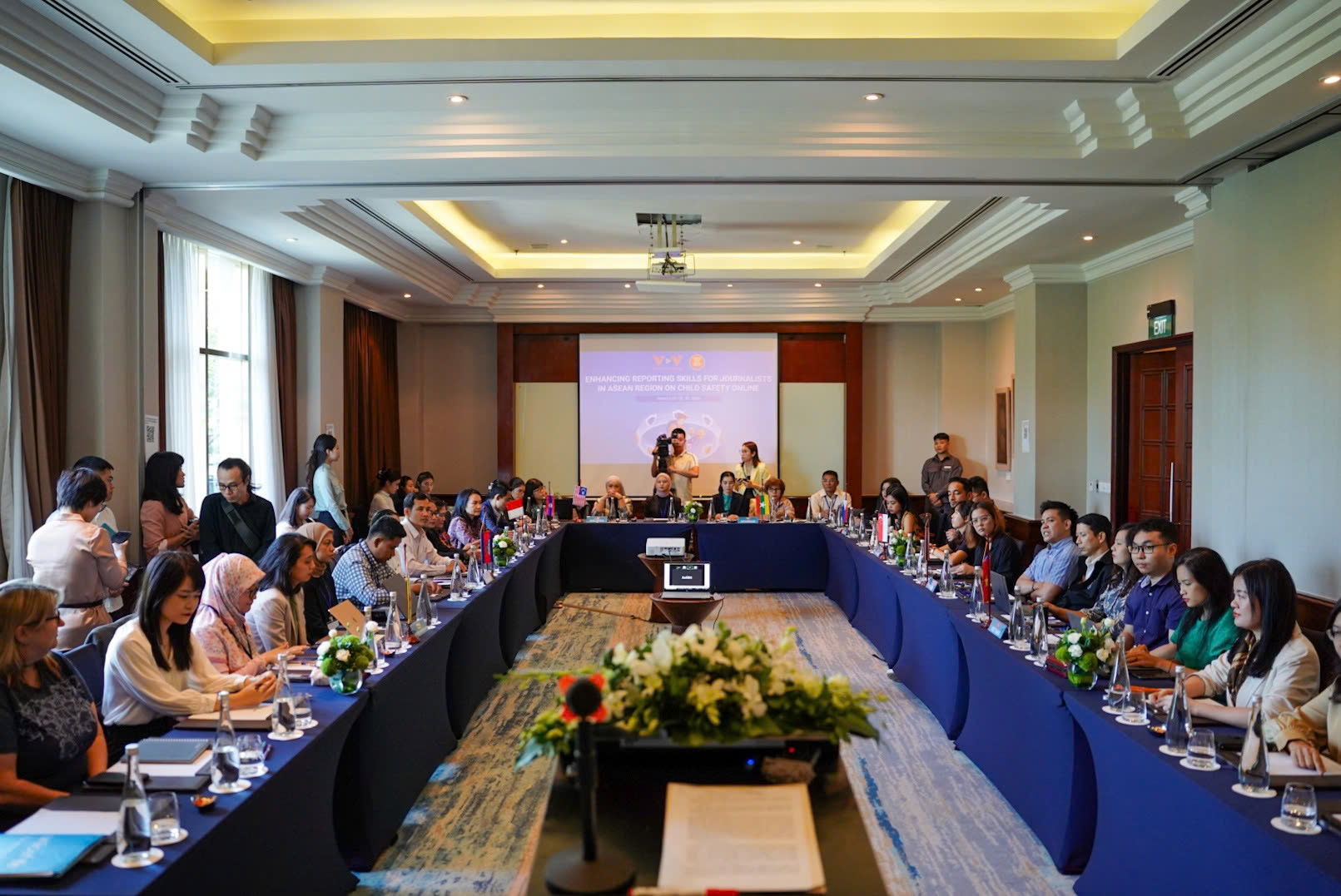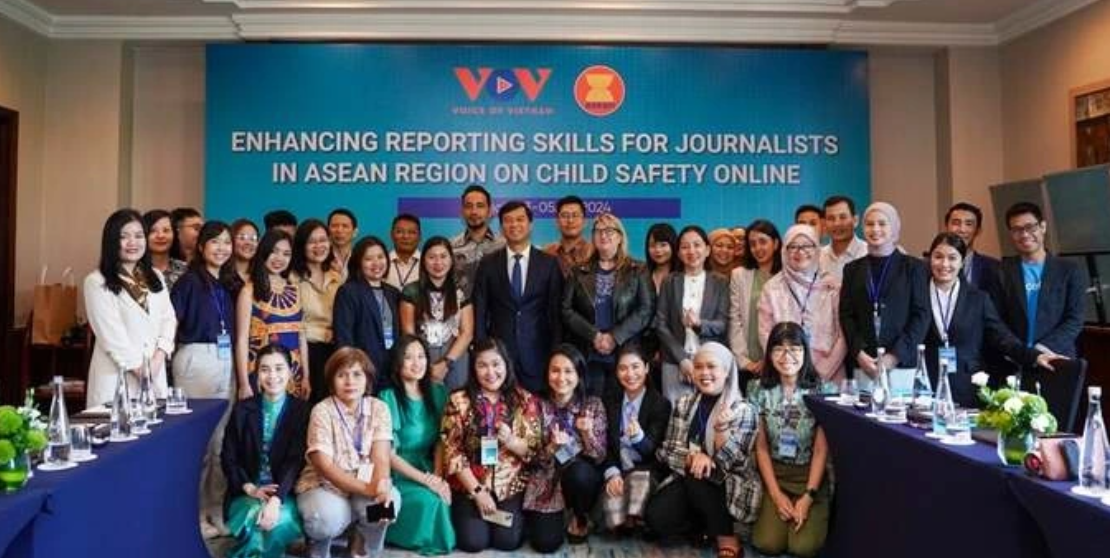
AIBD / AIR-STIT In-country Workshop on Training of Trainers in New Delhi, India
How do you design a training course on transmitter maintenance? An engaging group activity on digital modulation or parabolic antenna satellite tracking? And how do you make sure your trainees gain the knowledge and skills they need to apply on the job?
How do you design a training course on transmitter maintenance? An engaging group activity on digital modulation or parabolic antenna satellite tracking? And how do you make sure your trainees gain the knowledge and skills they need to apply on the job?

These were some of the challenges that a group of 14 trainers from All India Radio and Doordarshan faced in a two-week training-of-trainers workshop at the Staff Training Institute (Technical) in New Delhi, India from 10 to 20 September 2012. The training was facilitated by Dr. David Mould, Professor Emeritus of Media Arts and Studies at Ohio University (U.S.A.)

Under the AIR/DD staff rotation system, engineering and programming staff are selected from stations for a five-year assignment to work as trainers but have few professional opportunities to learn about training methodology.
“All the trainers knew their subject-matter very thoroughly but they faced problems in communicating knowledge and assessing learning,” said David. “Even on the most technical topics, you can come up with challenging and engaging individual and group exercises and guided discussions that make trainees work through problems and come up with solutions.”

The workshop covered the aims of training, principles of adult learning, job analysis, training needs analysis, motivational theory, training objectives, online training (or e-training), demonstrations, session design, evaluation and assessment and related topics. Using questionnaires and discussion, the workshop also focused on “soft skills” including team building and supervision of technical staff. Each participant designed a training module, including objectives, draft activities and assessment, and presented it to their colleagues for comments and critique.
Nine participants were based at the Staff Training Institute (Technology); two at the regional institute at Bhubaneswar, and one at Shillong while two others were from the Staff Training Institute (Programming).







